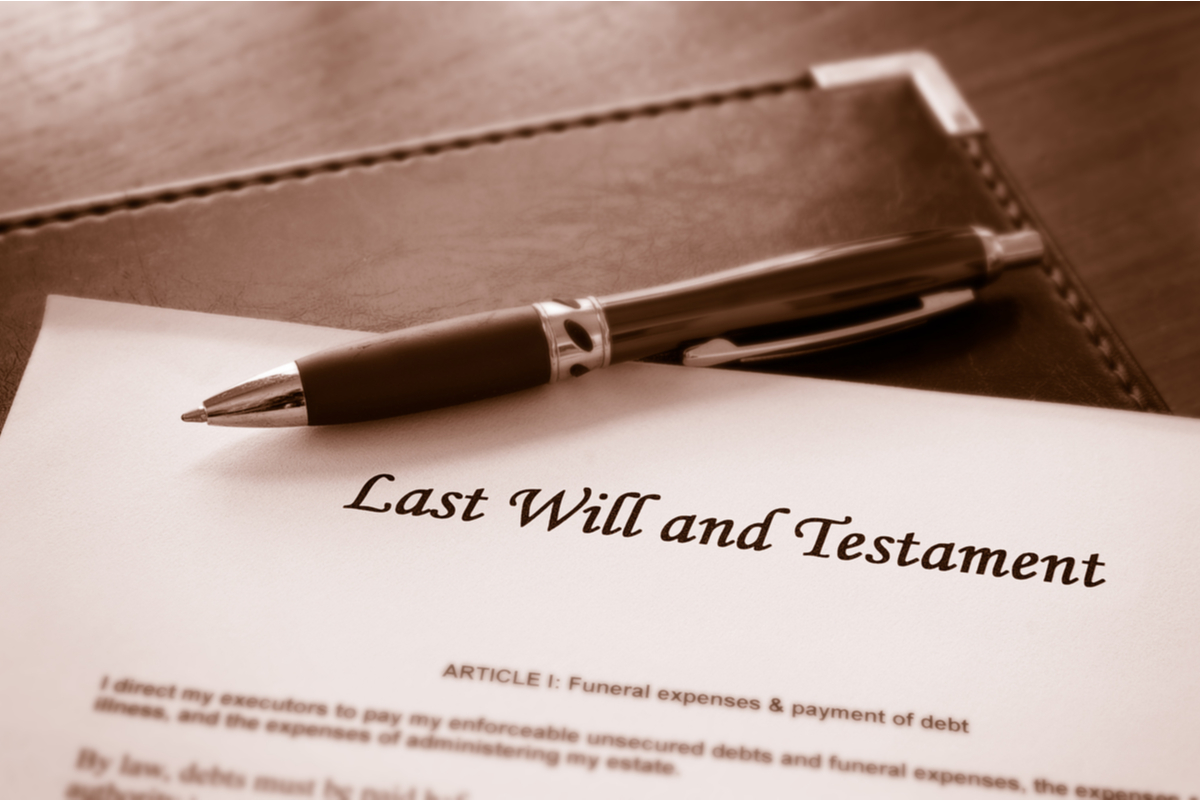Many people may realize the importance of estate planning, yet they still decide to put it off. They tend to think that the process is too expensive, too complicated, or the options do not seem appealing. Yet, they do not even realize how many planning choices they have. In the past, individuals may have turned to a will to take care of their estate plans. However, these days many people are choosing a revocable living trust instead. Why? Because of the time and cost savings that this trust provides them, plus the extra control they have over their assets.
If you are in Louisiana and thinking about your own estate planning needs, this guide will help you understand the steps involved in creating a revocable living trust, the importance of funding, and why it may be the right decision for you and your loved ones.
What Does “Funding” Your Trust Mean?
Funding a trust is the process of transferring assets from your name into your trust. To do this, you need to physically change the titles of your specific assets from your name (individual or joint name, if married) to your trust’s name. You would also need to change most of your beneficiary designations to your trust as well.
Why is Funding So Important?
One of the main reasons people in Louisiana turn to a living trust is to avoid probate or the succession process. This process tends to be costly, time-consuming, and an invasion of privacy as most of your private matters become public record. Unfortunately, some individuals make the mistake of not transferring the title of their assets to their trusts, and as a result, do not avoid this probate process. Until you fund your trust, your trust will not control anything. If you want your living trust to avoid probate at death, you need to make sure you change titles and beneficiary designations while you are able to do so.
Is the Funding Process Difficult?
Overall the funding process is not complicated, but it takes some time to complete. Even though today, you should not meet much resistance to transferring your assets. You will still need to prepare the transfer documents. Additionally, an institution may want to see proof that your trust exists before moving assets over. As a result, you will also need to have your attorney prepare a certificate of trust, which is a shortened version of the trust that verifies the trust’s existence and identifies the trustee and explains the power given to them.
To simplify this process, make sure you make a list of your assets, including their locations and values. This can help you avoid getting sidetracked and ensure your information is complete. In addition, consider working with an experienced legal team that understands this funding process. They can help you prepare most of the required documents, while also being there to assist and encourage you the whole way.
Why Do I Need a Living Trust in Louisiana?
One of the primary reasons many people in Louisiana decide to create a living trust is because you can continue to sell and buy assets just as you usually do and remove any assets at any point in time.
In addition, a living trust creates privacy. This trust does not need to be approved by the court and will not become a public record. As a result, nobody will know what is indicated in the trust, what assets are passed down, and who gets what. In comparison, a will is public and must be approved by the probate court to be valid.
Finally, a living trust will also protect you if you become mentally incapacitated. Since all of your assets are owned, managed, and controlled by the trust, a conservatorship proceeding will most likely not be needed to have your financial life managed for your benefit. Rather, you will be able to appoint an individual that you know and trust to be the trustee, if you are unable to serve or to continue to serve in this position. This will help you stay in control for as long as possible before you allow another individual to manage your assets.
Who Controls The Assets in My Revocable Living Trust?
A revocable living trust is a legal entity created to hold ownership of an individual’s assets. In most cases, the individual forming the revocable living trust will name themselves as trustees, meaning they will be responsible for managing and controlling the assets placed in it. Until their death, at which point the named successor trustee will take over.
Are There Specific Assets I Need to Put into My Living Trust?
Typically, you would want all of your assets to be placed in your trust. However, not all assets can be placed in your trust, and there may be some that you do not want to be in there. Generally, the assets that you will want in your living trust include:
- Real Estate
- Investments
- Business Interests
- Notes Payable to You
- Banks/ Savings Accounts
Speaking with an experienced Louisiana estate planning attorney can help you figure out exactly which assets you need to place in your living trust and which ones you should not. For example, IRAs, life insurance proceeds, annuities, and other retirement assets are considered non-probate assets. This means they cannot be transferred into a living trust because of their negative tax consequences. That is why it is best to discuss this issue with a lawyer.
Let Stephenson, Chávarri & Dawson Help You with Your Estate Planning Needs
Estate planning requires paying attention to details and ensuring that everything is prepared adequately. For many, this is not possible on their own. That is why the law firm of Stephenson, Chávarri & Dawson is here to help you. These experienced estate planning attorneys can help you decide if a living trust is a viable option for you. If so, they can make sure that all the necessary steps of creating this trust are met.
If you have any questions about living trusts and the funding process, or any other estate planning concerns, do not hesitate to contact Stephenson, Chávarri & Dawson today, or call our firm at 504-523-6496.
sources:
What Does It Mean To Fund A Living Trust? (2019). RabalaisEstatePlanning
Revocable Living Trusts. (ND).Theus Law Offices.
Understanding Funding Your Living Trust. (ND). Estate Planning.



